Unstranger Danger – Beyond Prevention Alone (Documentary)
TCC 1500 Commerce St, Tacoma, WA, United StatesUnstranger Danger is multi-media presentation which uses interview style documentary filmmaking, and live presentation to consider a more comprehensive response to child sexual abuse, beyond prevention alone. Multi-Disciplinary Teams (MDT’s) and all professionals who respond to reports and/or allegations of child sexual abuse do so when prevention efforts have failed or were never implemented in the first place. The resources provided by Unstranger Danger are intended to provide professionals and other protective family members or care givers with the tools to respond to reports of child sexual abuse using a victim-centered strategy, with restoration as the ultimate outcome. Using what he calls the Four Core Pillars – Prevention – Investigation – Prosecution – Restoration, Jeff hopes to encourage, enable and empower those who have been impacted by child sexual abuse and those entrusted to walk with them through the process.
